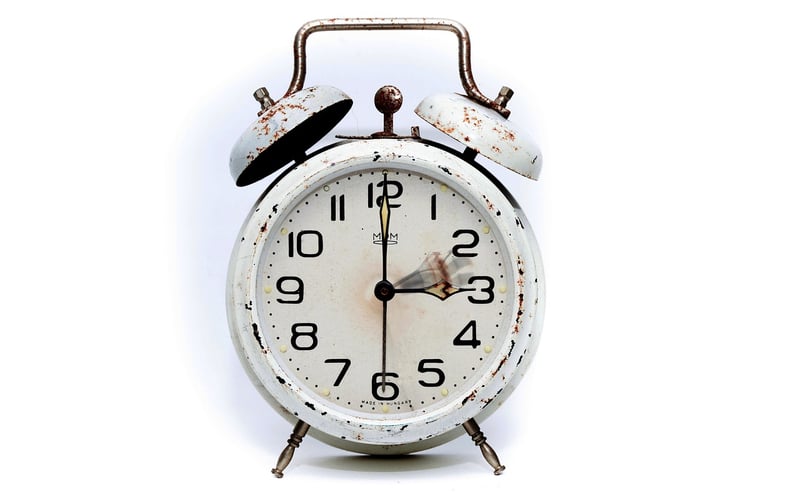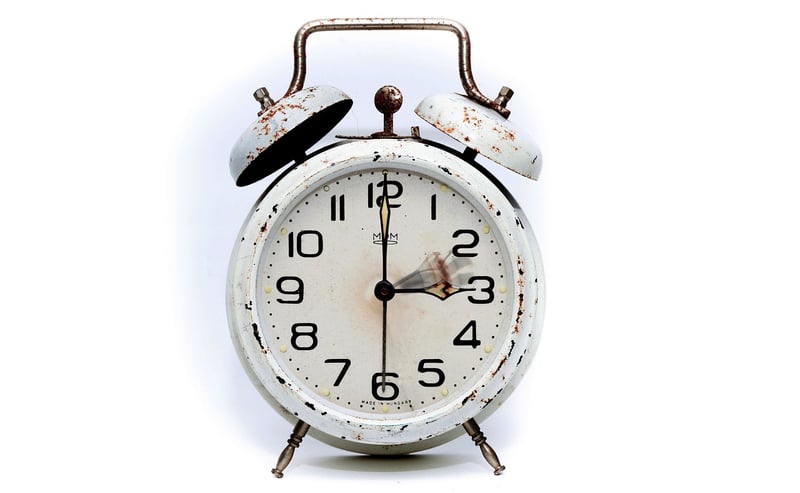Time-Travel Ethics
Dive into Time Conundrums and Time-Travel Ethics
The Fascinating World of Time Travel
Time travel has long been a captivating concept that has intrigued scientists, writers, and everyday individuals alike. The idea of journeying through time, whether to the past or the future, raises a plethora of questions and challenges that boggle the mind.
Time Conundrums: Paradoxes and Dilemmas
One of the most famous time conundrums is the grandfather paradox, which questions what would happen if a time traveler were to go back in time and prevent their grandfather from meeting their grandmother, thus preventing their own existence. This paradox highlights the complexities and contradictions that arise when considering the implications of altering past events.
Other Time Conundrums Include:
- The Bootstrap Paradox
- The Twin Paradox
- The Predestination Paradox
Exploring Time-Travel Ethics
Aside from the mind-bending conundrums, time travel also brings forth ethical dilemmas that challenge our moral compass. The ability to change or manipulate past events raises questions about the consequences of such actions and the impact on the timeline and individuals involved.
Key Considerations in Time-Travel Ethics:
- Historical Integrity
- Butterfly Effect
- Personal Gain vs. Collective Well-being
Time Travel in Popular Culture
Time travel has been a popular theme in literature, movies, and television, showcasing both the allure and peril of tampering with time. From classics like H.G. Wells' "The Time Machine" to modern hits like "Back to the Future" and "Doctor Who," time travel continues to capture our imagination and spark discussions about its feasibility and consequences.
Join the Time Travel Discourse
Whether you are a science enthusiast, a fiction buff, or simply curious about the mysteries of time, delving into the realm of time conundrums and time-travel ethics is sure to engage your intellect and stir your imagination.


